On his first visit to Jammu & Kashmir after the abolition of the state’s special status and its bifurcation into two Union territories, Union Home Minister Amit Shah packed in several “outreach” events. But these events, and the visit, on the whole, have raised more questions about the government’s long-term plan for the former state. Throughout the three days, it was the extent of a seeming disconnect that was on show. “I have come here to forge a friendship with the youth of Kashmir. Join hands with Modiji and the government of India and become partners in the journey to take Kashmir forward,” said Shah. But friendship can hardly be forged or forced in a climate where the state wields repressive laws and mass arrests, and takes away the people’s right to the internet. Shah asked those whose “partnership” he sought to swallow the deprivations and the heavy handed exercise of state power as “bitter pills” that had saved lives. But the slapping of cases under the draconian UAPA on students in a medical college for allegedly waving Pakistan flags after its cricket victory is yet another example of a response from the ruling establishment that is only likely to deepen the cynicism on the ground. The several security reviews that Shah presided over during the visit were testimony to the challenges in Kashmir, belying his and other ministers’ assertions that “terrorism ended” on August 5, 2019. Stone-pelting may have disappeared and there may be fewer “encounters” now, but militants continue to be recruited, and have changed their methods. The civilian killings in the Valley this month by pistol-wielding “hybrid” militants and the long stand by militants in the border district of Poonch in Jammu are indicators that can be
ignored only at the nation’s peril.
The Home Minister also fell back on the “three families looted and brought ruin to J&K” trope. But the question is: Why were those very same families and the parties associated with them considered so important that none other than the Prime Minister invited them to Delhi for talks in June? Even if it was for the limited purpose of getting their assent for the ongoing delimitation exercise, it was an admission that without them, there can be no viable political process in the state. The plan to replace them with new or specially reared politicians and parties has not made headway – the elected members of the district development councils are confined to hotel rooms for their own security.

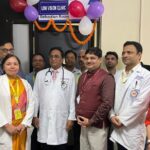

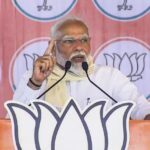
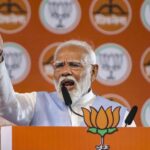

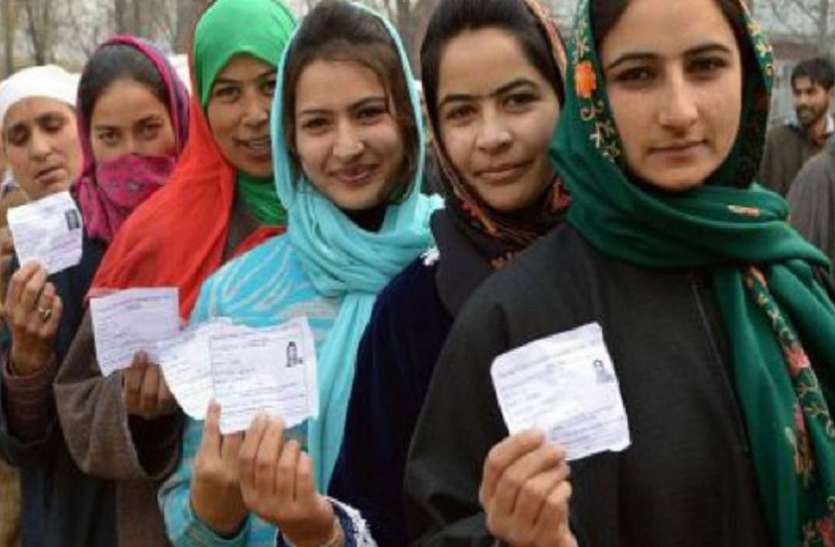
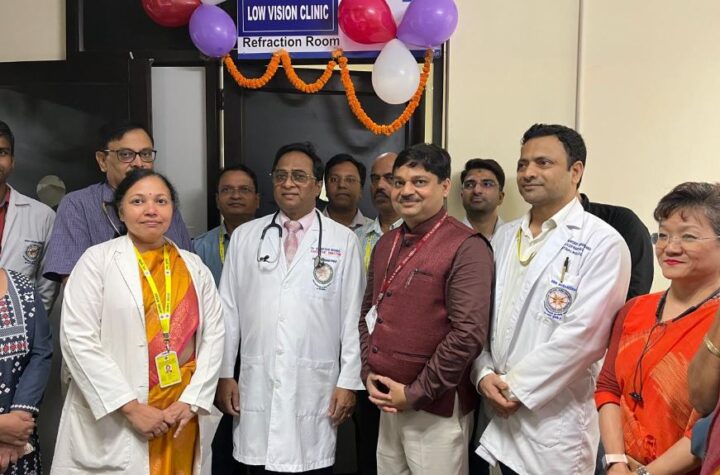

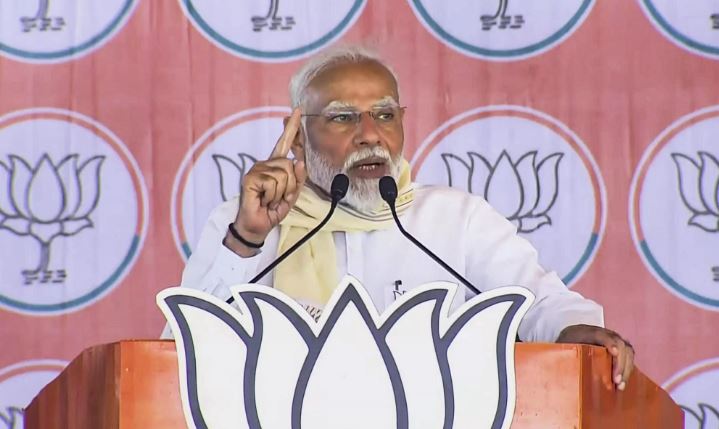
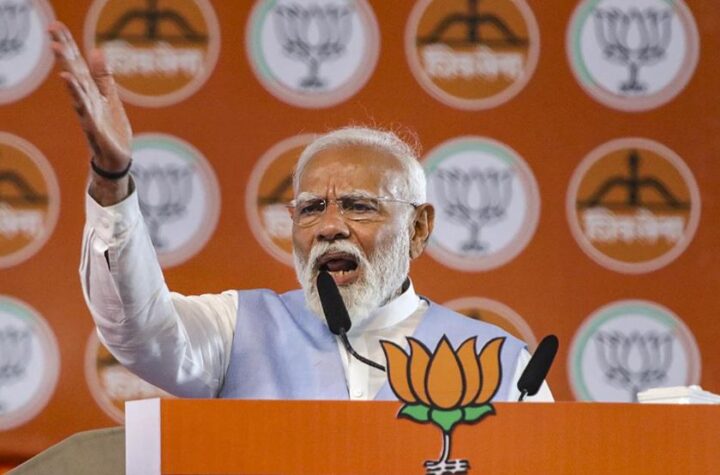
More Stories
Low vision clinic inaugurated at AIIMS Bhubaneswar
Urban education programme comes in handy for Odisha’s tribal, dalit kids
Now country ‘aatank’ struggling for ‘aata’: PM